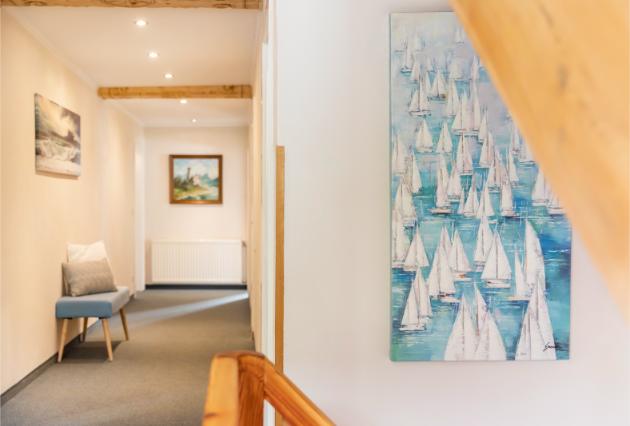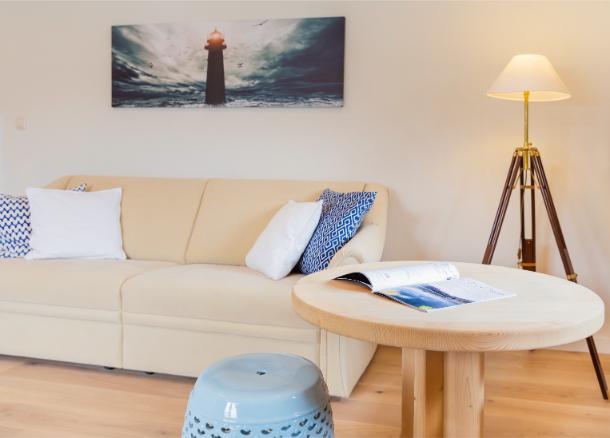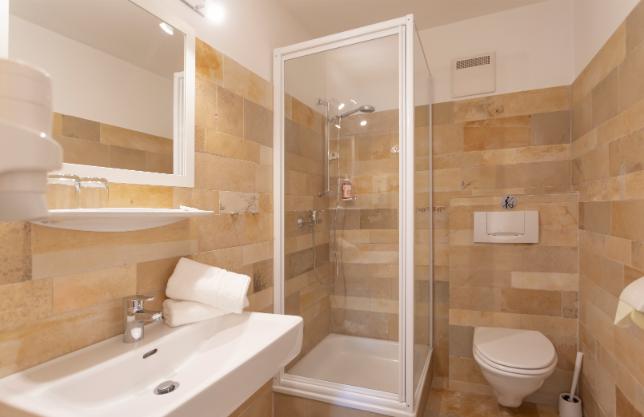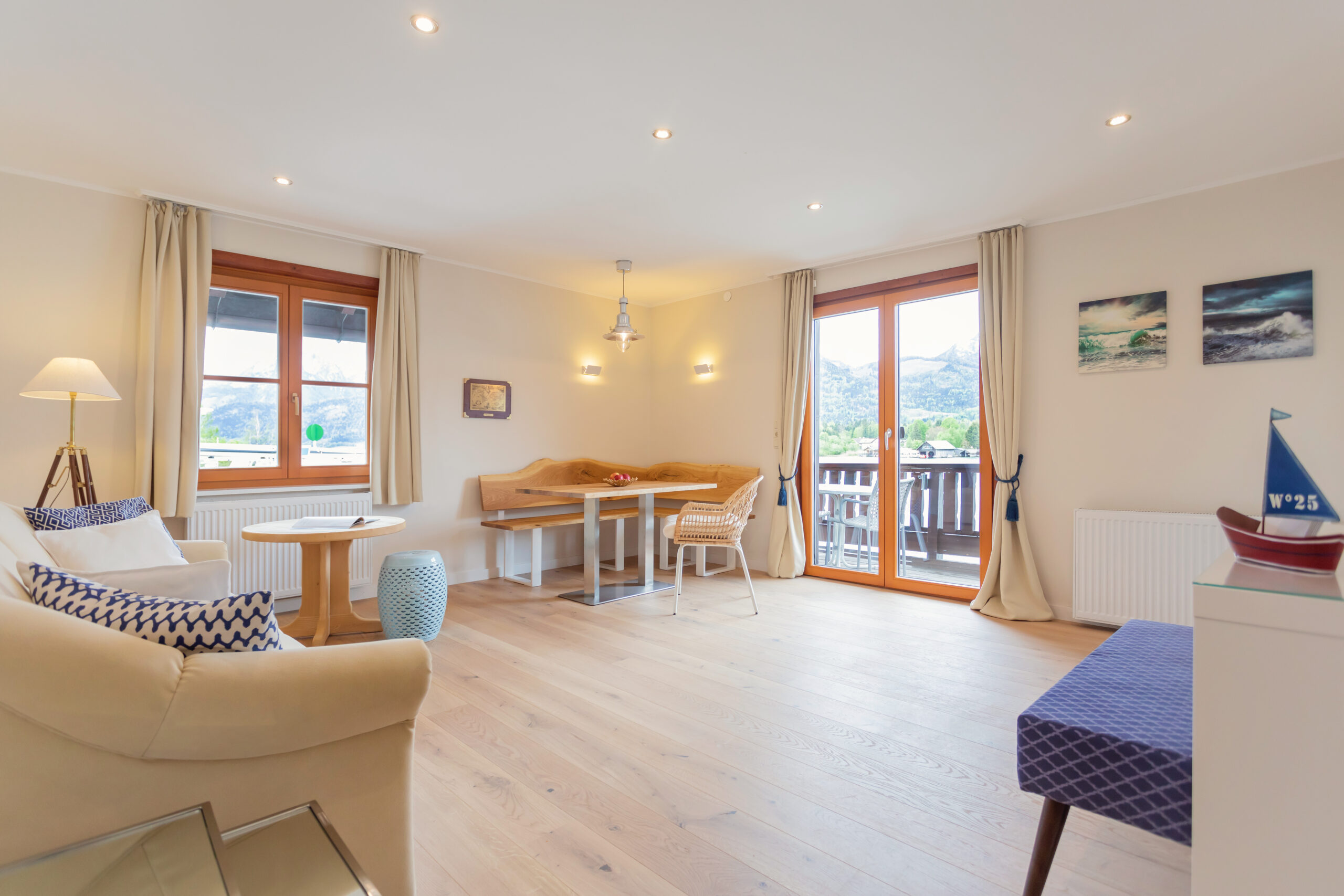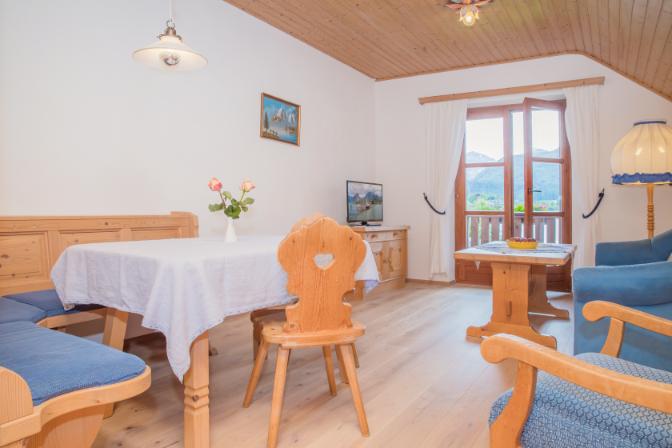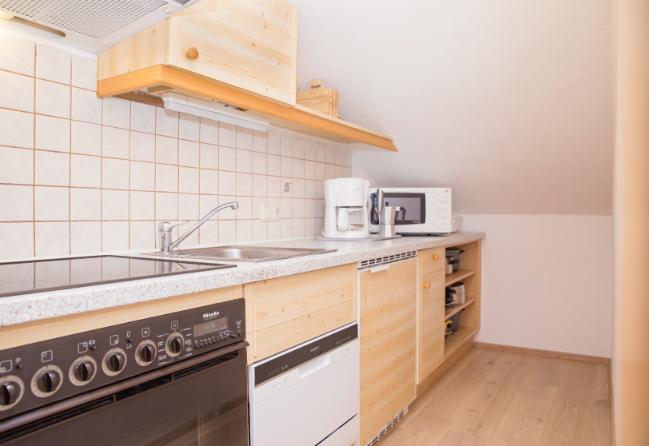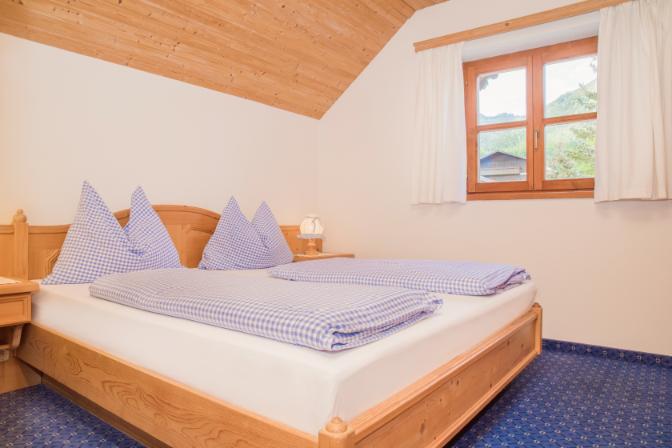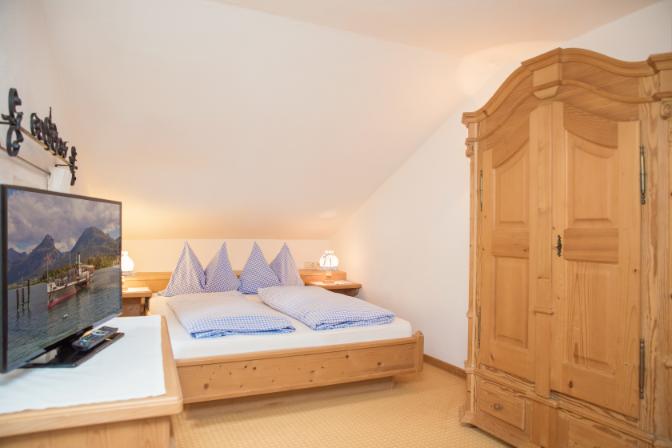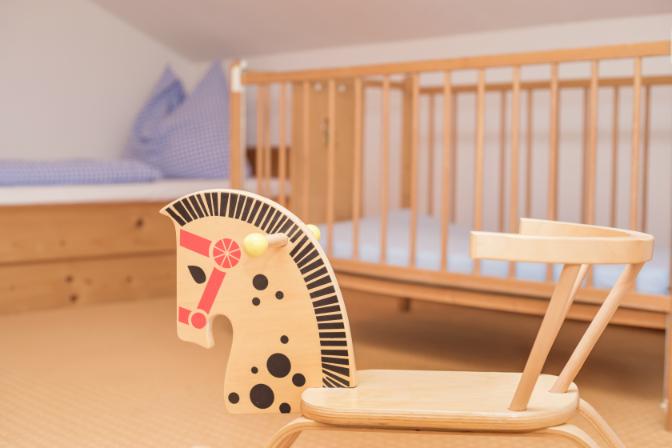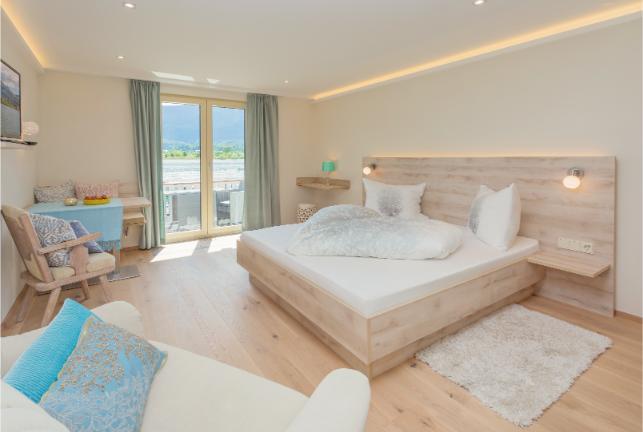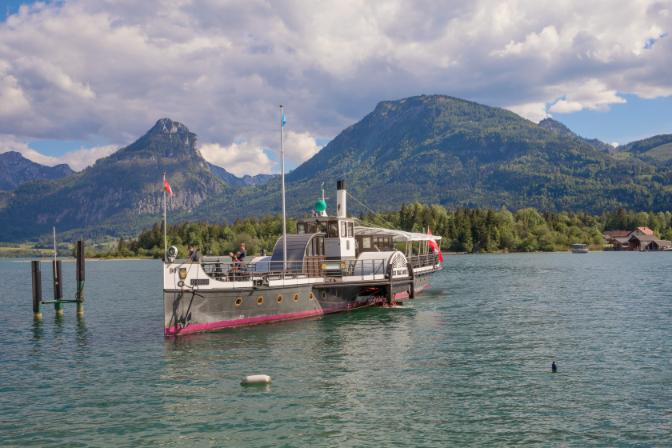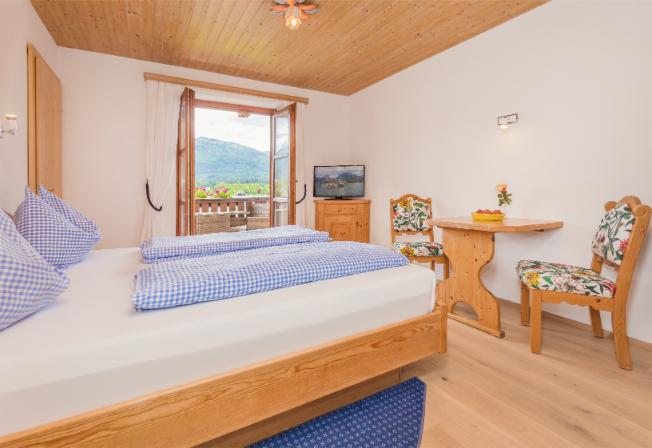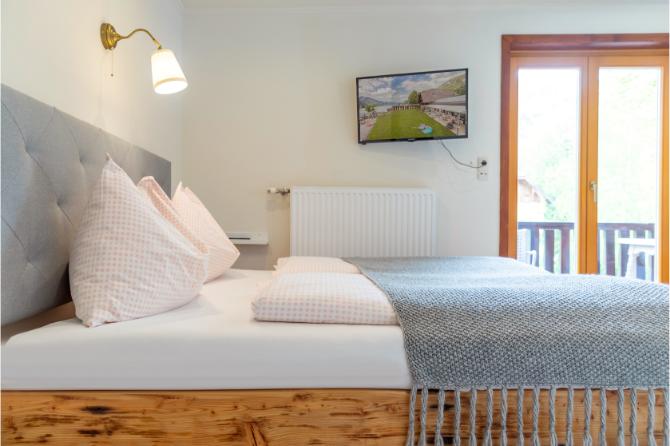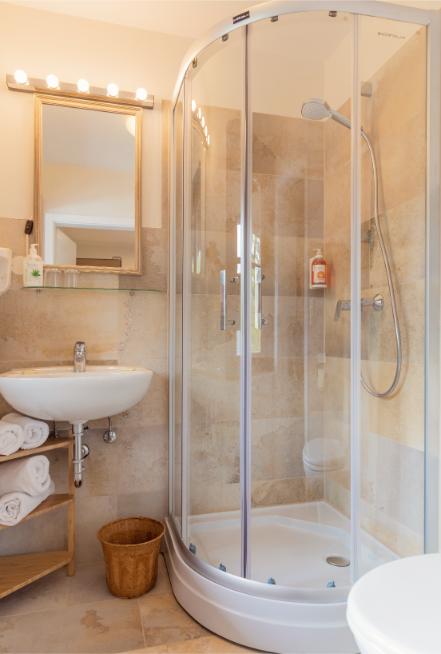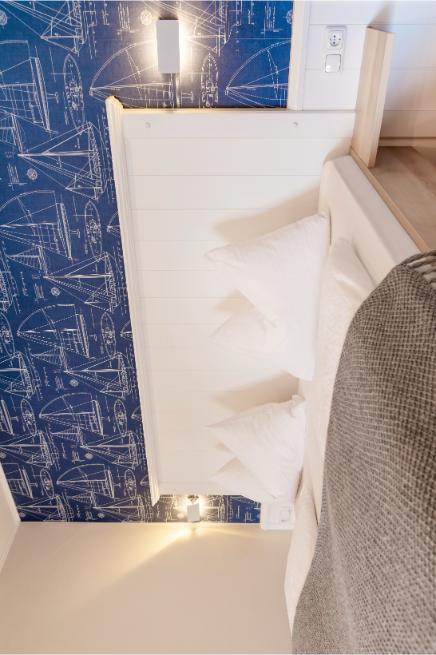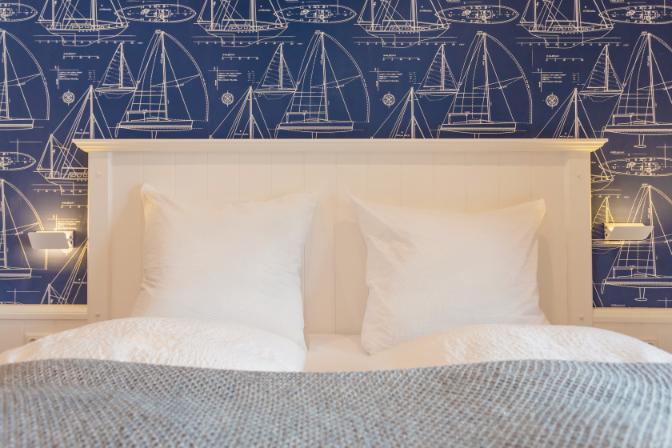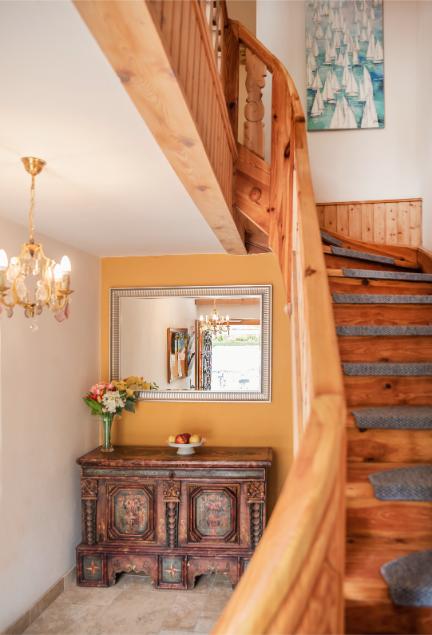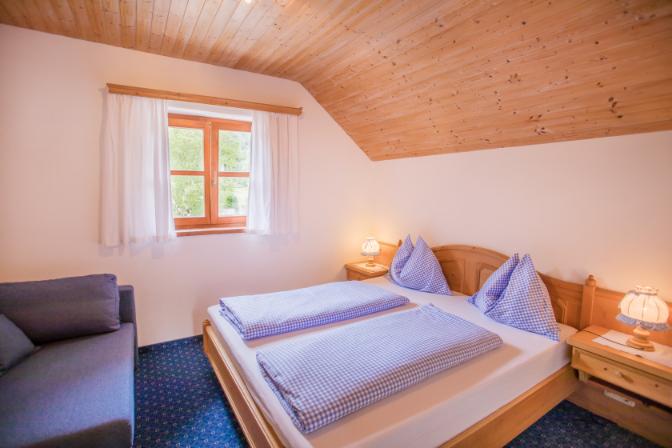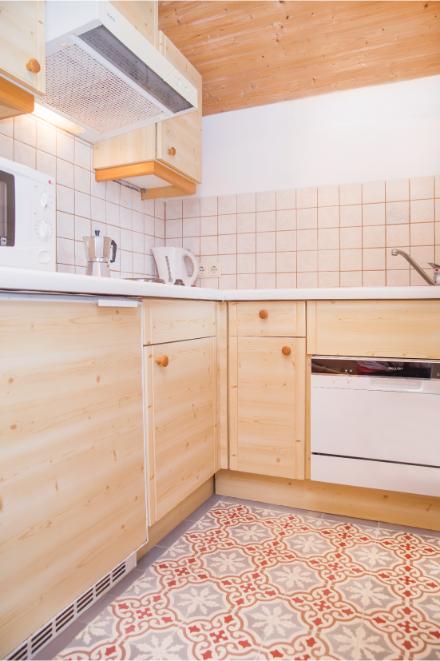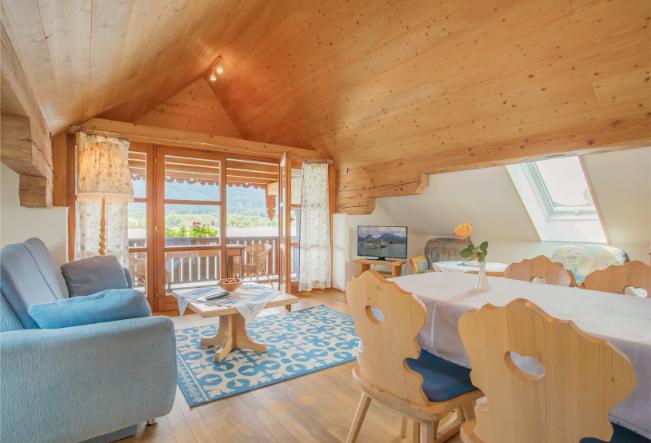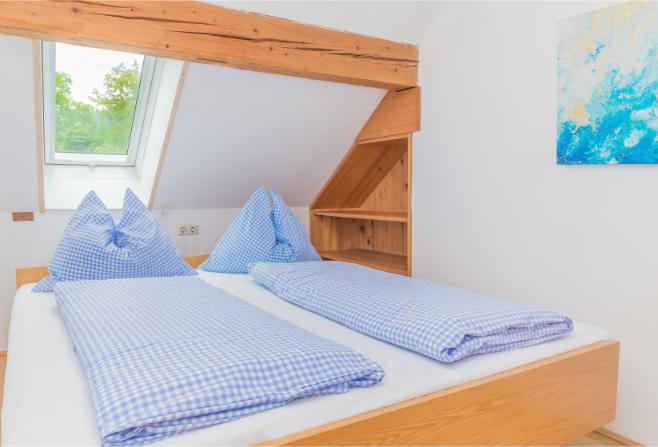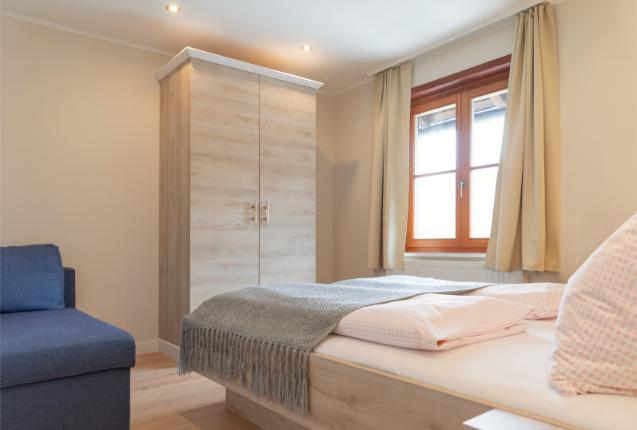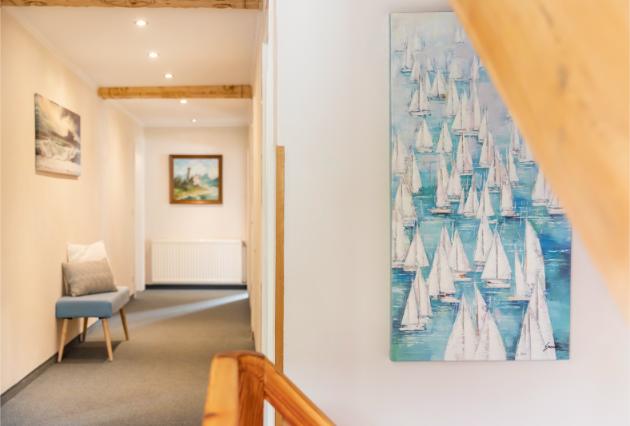General Terms and Conditions for the Hotel Industry 2006 (AGBH 2006)
Version dated 15 November 2006
§ 1 Scope of application
1.1 These General Terms and Conditions for the Hotel Industry (hereinafter referred to as ‘AGBH 2006’) replace the previous ÖHVB in the version dated 23 September 1981.
1.2 The AGBH 2006 do not exclude special agreements. The AGBH 2006 are subsidiary to individual agreements.
§ 2 Definitions of terms
2.1 Definitions: ‘Proprietor’: Is a natural or legal person who accommodates guests in return for payment. ‘Guest”: Is a natural person who makes use of accommodation. The guest is usually also the contractual partner. Guests also include those persons travelling with the contracting party (e.g. family members, friends, etc.). ‘Party”: is a natural or legal person in Austria or abroad who concludes an accommodation contract as a guest or for a guest. ‘Consumer’ and “Entrepreneur”: The terms are to be understood in the sense of the 1979 Consumer Protection Act as amended. ‘Accommodation contract”: Is the contract concluded between the accommodation provider and the contracting party, the content of which is regulated in more detail below.
§ 3 Conclusion of contract – down payment
3.1 The Accommodation Agreement shall be concluded upon acceptance of the Party’s order by the Proprietor. Electronic declarations shall be deemed to have been received if the party for whom they are intended can retrieve them under normal circumstances and they are received during the published business hours of the Proprietor.
3.2 The Proprietor shall be entitled to conclude the Accommodation Agreement subject to the condition that the Party makes a down payment. In this case, the Proprietor shall be obliged to inform the Party of the required down payment before accepting the written or oral order of the Party. If the Party agrees to the down payment (in writing or orally), the Accommodation Agreement shall be deemed concluded upon receipt by the Proprietor of the declaration of consent regarding the payment of the down payment by the Party.
3.3 The Party shall be obliged to pay the down payment no later than 7 days (receipt) prior to the accommodation. The costs for the money transaction (e.g. transfer charges) shall be borne by the Party. For credit and debit cards, the respective terms and conditions of the card companies shall apply.
3.4 The deposit is an instalment of the agreed fee.
§ 4 Start and end of accommodation
4.1 Unless the Proprietor offers a different time of occupancy, the Party shall be entitled to occupy the rented rooms from 4.00 p.m. on the agreed day (‘day of arrival’).
4.2 If a room is occupied for the first time before 6.00 a.m., the previous night shall count as the first overnight stay.
4.3 The rented rooms must be vacated by the contracting party by 10.00 a.m. on the day of departure from our boathouse. The Proprietor shall be entitled to charge an additional day if the rented rooms are not vacated in due time.
§ 5 Withdrawal from the Accommodation Agreement – Cancellation fee Withdrawal by the Proprietor
5.1 If the Accommodation Agreement provides for a down payment and the down payment has not been made by the Party in due time, the Proprietor may withdraw from the Accommodation Agreement without granting a grace period.
5.2 If the Guest does not turn up by 6.00 p.m. on the agreed day of arrival, there shall be no obligation to provide accommodation unless a later time of arrival has been agreed.
5.3 If the contracting party has paid a deposit (see 3.3), the rooms shall remain reserved until 12.00 noon on the day following the agreed arrival date at the latest. In the case of advance payments of more than four days, the obligation to provide accommodation shall end at 6 p.m. on the fourth day, with the day of arrival being counted as the first day, unless the guest announces a later day of arrival.
5.4 Unless otherwise agreed, the Proprietor may unilaterally terminate the Accommodation Agreement for objectively justified reasons up to 3 months before the agreed date of arrival of the Party. Withdrawal by the Party – cancellation fee
5.5 The Accommodation Agreement may be cancelled by the Party by means of a unilateral declaration by no later than 3 months before the agreed date of arrival of the Guest without payment of a cancellation fee.
5.6 Outside the period specified in § 5.5, cancellation by unilateral declaration by the Party is only possible subject to payment of the following cancellation fees: See Cancellation Conditions.
5.7 If the Party is unable to arrive at the accommodating establishment on the day of arrival due to unforeseeable extraordinary circumstances (e.g. extreme snowfall, flooding, etc.), all travel options are impossible.
§ 6 Provision of an Alternative Accommodation
6.1 The accommodation provider may offer the contract partner and/or guests an adequate alternative accommodation (of the same quality) if this is reasonable for the contract partner, especially if the deviation is minor and objectively justified.
6.2 An objective justification exists, for example, if the room(s) have become unusable, already checked-in guests extend their stay, there is overbooking, or other important operational measures necessitate this step.
6.3 Any additional costs for the alternative accommodation shall be borne by the accommodation provider.
§ 7 Rights of the Contract Partner
7.1 By entering into a lodging contract, the contract partner acquires the right to use the rented rooms, the facilities of the accommodation business that are generally and typically accessible to guests, and to receive standard service. The contract partner must exercise their rights in accordance with any applicable hotel and/or guest policies (house rules).
§ 8 Obligations of the Contract Partner
8.1 The contract partner is obliged to pay the agreed fee, along with any additional amounts incurred due to separate services used by the contract partner and/or accompanying guests, plus applicable VAT, at the latest at the time of departure.
8.2 The accommodation provider is not obligated to accept foreign currencies. If the accommodation provider accepts foreign currencies, they will be taken at the exchange rate on the day of payment, if possible. Should the accommodation provider accept foreign currencies or cashless payment methods, the contract partner bears any related costs, such as inquiries with credit card companies, telegrams, etc.
8.3 The contract partner is liable to the accommodation provider for any damage caused by themselves, the guests, or any other persons who, with the contract partner’s knowledge or consent, use the accommodation provider’s services.
§ 9 Rights of the Accommodation Provider
9.1 If the contract partner refuses to pay the agreed fee or is in arrears, the accommodation provider has the legal right of retention according to § 970c ABGB (Austrian Civil Code) as well as the legal lien according to § 1101 ABGB on the items brought by the contract partner or the guest. This right of retention or lien also serves to secure the accommodation provider’s claims under the lodging contract, especially for meals, other expenses incurred on behalf of the contract partner, and any possible claims for compensation of any kind.
9.2 If services are requested in the contract partner’s room or at unusual times (after 8:00 PM and before 6:00 AM), the accommodation provider is entitled to charge an additional fee. This additional fee must be indicated on the room rate list. The accommodation provider may also refuse to provide such services for operational reasons.
9.3 The accommodation provider has the right to settle or issue an interim invoice for their services at any time.
§ 10 Obligations of the Accommodation Provider
10.1 The accommodation provider is obliged to provide the agreed services to the extent corresponding to their standard.
10.2 Services provided by the accommodation provider that are not included in the accommodation fee and require separate billing include, for example:
a) Special services related to accommodation that can be separately charged, such as the provision of lounges, sauna, indoor pool, swimming pool, solarium, garage parking, etc.;
b) A reduced price will be charged for additional or children’s beds.
§ 11 Liability of the Accommodation Provider for Damage to Items Brought In
11.1 The accommodation provider is liable according to §§ 970 et seq. ABGB for items brought in by the contract partner. The accommodation provider’s liability exists only if the items have been handed over to the accommodation provider or to persons authorized by the accommodation provider, or if the items were brought to a location designated by the accommodation provider for this purpose. If the accommodation provider fails to prove this, the accommodation provider will be liable for their own fault or the fault of their staff, as well as for incoming or outgoing persons. The accommodation provider’s liability, in accordance with § 970 (1) ABGB, is limited to the amount set by the Federal Act of November 16, 1921, concerning the liability of innkeepers and other entrepreneurs, in its current version. If the contract partner or guest fails to promptly comply with the accommodation provider’s request to store their items in a designated storage area, the accommodation provider will be released from any liability. The amount of any potential liability of the accommodation provider is limited to the liability insurance coverage of the respective accommodation provider. Any fault of the contract partner or guest will be taken into account.
11.2 The accommodation provider’s liability for slight negligence is excluded. If the contract partner is a business (entrepreneur), the liability is also excluded for gross negligence. In such cases, the contract partner bears the burden of proof regarding the existence of fault. Consequential or indirect damages, as well as lost profits, will never be compensated.
11.3 The accommodation provider is liable for valuables, money, and securities only up to an amount of currently €550. The accommodation provider will only be liable for damages exceeding this amount if the items were specifically entrusted to the accommodation provider for safekeeping with knowledge of their value, or if the damage was caused by the accommodation provider or their staff. The liability restrictions in sections 11.1 and 11.2 apply accordingly.
11.4 The accommodation provider may refuse to take custody of valuables, money, and securities if they are of significantly greater value than those typically entrusted for safekeeping by guests of the accommodation provider.
11.5 In any case where items are entrusted to the accommodation provider for safekeeping, liability is excluded if the contract partner and/or guest does not immediately notify the accommodation provider of the damage once they become aware of it. Moreover, claims must be brought before a court within three years from the date the contract partner and/or guest became aware or could have become aware of the damage; otherwise, the right to claim will expire.
§ 12 Liability Limitations
12.1 If the contract partner is a consumer, the accommodation provider’s liability for slight negligence is excluded, except in cases of personal injury.
12.2 If the contract partner is a business (entrepreneur), the accommodation provider’s liability is excluded for both slight and gross negligence. In such cases, the contract partner bears the burden of proof regarding the existence of fault. Consequential damages, immaterial damages, indirect damages, and lost profits will not be compensated. In all cases, the compensation for damage will be limited to the amount of the contract partner’s reliance interest.
§ 13 Pet Policy
13.1 Pets may only be brought into the accommodation facility with prior consent from the accommodation provider, and possibly for an additional fee.
§ 13 Pet Policy (Continued)
13.2 The contract partner who brings a pet is obligated to ensure that the pet is properly secured or supervised during their stay, or to have it supervised or cared for by third parties at their own expense.
13.3 The contract partner or guest bringing a pet must have appropriate pet liability insurance or private liability insurance that covers any potential damage caused by the pet. Proof of this insurance must be provided to the accommodation provider upon request.
13.4 The contract partner or their insurer are jointly and severally liable to the accommodation provider for any damage caused by the brought pet. This damage includes, in particular, any compensation the accommodation provider must pay to third parties.
13.5 Pets are not permitted in lounges, social rooms, restaurant areas, or wellness areas.
§ 14 Extension of Stay
14.1 The contract partner has no right to extend their stay. If the contract partner requests an extension of their stay in a timely manner, the accommodation provider may agree to the extension of the lodging contract. However, the accommodation provider is under no obligation to do so.
14.2 If the contract partner is unable to leave the accommodation on the day of departure due to unforeseeable exceptional circumstances (e.g., heavy snowfall, flooding, etc.) that block or render travel options unusable, the lodging contract will automatically be extended for the duration of the impossibility to depart. A reduction in the fee for this period may only be possible if the contract partner is unable to fully use the services offered by the accommodation provider due to the extraordinary weather conditions. The accommodation provider is entitled to charge at least the amount corresponding to the usual price in the off-season.
§ 15 Termination of the Lodging Contract – Early Termination
15.1 If the lodging contract was concluded for a fixed period, it will end when that period expires.
15.2 If the contract partner departs early, the accommodation provider is entitled to demand the full agreed fee. However, the accommodation provider must deduct any savings made as a result of the non-utilization of services, or any income received from renting out the reserved rooms to other guests. Savings are only considered if the accommodation provider’s establishment is fully booked at the time the guest’s reserved room is no longer used and the room can be rented out to other guests due to the cancellation. The burden of proof for the savings lies with the contract partner.
15.3 In the event of a guest’s death, the lodging contract with the accommodation provider is terminated.
15.4 If the lodging contract was concluded for an indefinite period, either party may terminate the contract by notifying the other party no later than 10:00 AM on the third day prior to the intended termination date.
15.5 The accommodation provider has the right to terminate the lodging contract immediately for good cause, especially if the contract partner or guest:
a) makes significant improper use of the rooms, or through reckless, offensive, or otherwise grossly inappropriate behavior, disturbs the other guests, the owner, their staff, or other persons in the accommodation, or commits a criminal act against property, morality, or physical safety;
b) becomes infected with a contagious disease, or a disease that extends beyond the duration of the lodging stay, or requires care;
c) fails to pay the presented invoices within a reasonable period (3 days) after the due date.
15.6 If the fulfillment of the contract becomes impossible due to an event considered force majeure (e.g., natural disasters, strikes, lockouts, official orders, etc.), the accommodation provider may terminate the lodging contract at any time without notice, provided the contract is not already considered terminated by law, or the accommodation provider is released from their obligation to provide accommodation. Any claims for compensation or damages by the contract partner are excluded.
§ 16 Illness or Death of the Guest
16.1 If a guest falls ill during their stay at the accommodation, the accommodation provider will arrange for medical care upon the guest’s request. If there is immediate danger, the accommodation provider will arrange for medical care even without a specific request from the guest, especially if this is necessary and the guest is unable to act on their own.
16.2 As long as the guest is unable to make decisions or the guest’s relatives cannot be contacted, the accommodation provider will arrange for medical treatment at the guest’s expense. However, the scope of these care measures ends when the guest is able to make decisions or when the relatives have been notified of the guest’s illness.
16.3 The accommodation provider may make claims for compensation from the contract partner, the guest, or the guest’s legal heirs, particularly for the following costs:
a) outstanding doctor’s fees, costs for medical transport, medications, and medical aids;
b) necessary room disinfection;
c) laundry, bed linen, and bedding that has become unusable, or, if necessary, for the disinfection or thorough cleaning of these items;
d) restoration of walls, furnishings, carpets, etc., if these were soiled or damaged due to the illness or death;
e) room rent, for the period the guest used the room, as well as any additional days the room was unusable due to disinfection, clearing, or similar reasons;
f) any other damages incurred by the accommodation provider.
§ 17 Place of Fulfillment, Jurisdiction, and Choice of Law
17.1 The place of fulfillment is the location where the accommodation facility is situated.
17.2 This contract is governed by Austrian formal and substantive law, excluding the rules of private international law (in particular, the IPRG and the EVÜ) as well as the UN Convention on Contracts for the International Sale of Goods (CISG).
17.3 The exclusive place of jurisdiction for disputes arising from a bilateral commercial transaction is the accommodation provider’s place of business. However, the accommodation provider is also entitled to assert their rights at any other competent local and subject-matter jurisdiction court.
17.4 If the lodging contract is concluded with a consumer contract partner who has their residence or habitual place of residence in Austria, lawsuits against the consumer may only be brought before the court of the consumer’s residence, habitual residence, or place of employment.
17.5 If the lodging contract is concluded with a consumer contract partner who has their residence in a member state of the European Union (except Austria), Iceland, Norway, or Switzerland, the court of the consumer’s residence is the exclusive jurisdiction for lawsuits against the consumer.
§ 18 Miscellaneous
18.1 Unless otherwise provided in the above provisions, the period for a deadline begins when the document ordering the deadline is delivered to the contracting parties who must adhere to the deadline. When calculating a deadline specified in days, the day on which the relevant time or event occurs is not included. Deadlines calculated in weeks or months refer to the corresponding day of the week or month. If that day does not exist in the month, the last day of the month is relevant.
18.2 Declarations must be received by the other party by the last day of the deadline (by 24:00).
18.3 The accommodation provider is entitled to offset claims from the contract partner with their own claims. The contract partner is not entitled to offset claims against the accommodation provider’s claims unless the accommodation provider is insolvent or the contract partner’s claim has been legally determined or acknowledged by the accommodation provider.
18.4 In the event of any gaps in regulation, the relevant statutory provisions shall apply.


